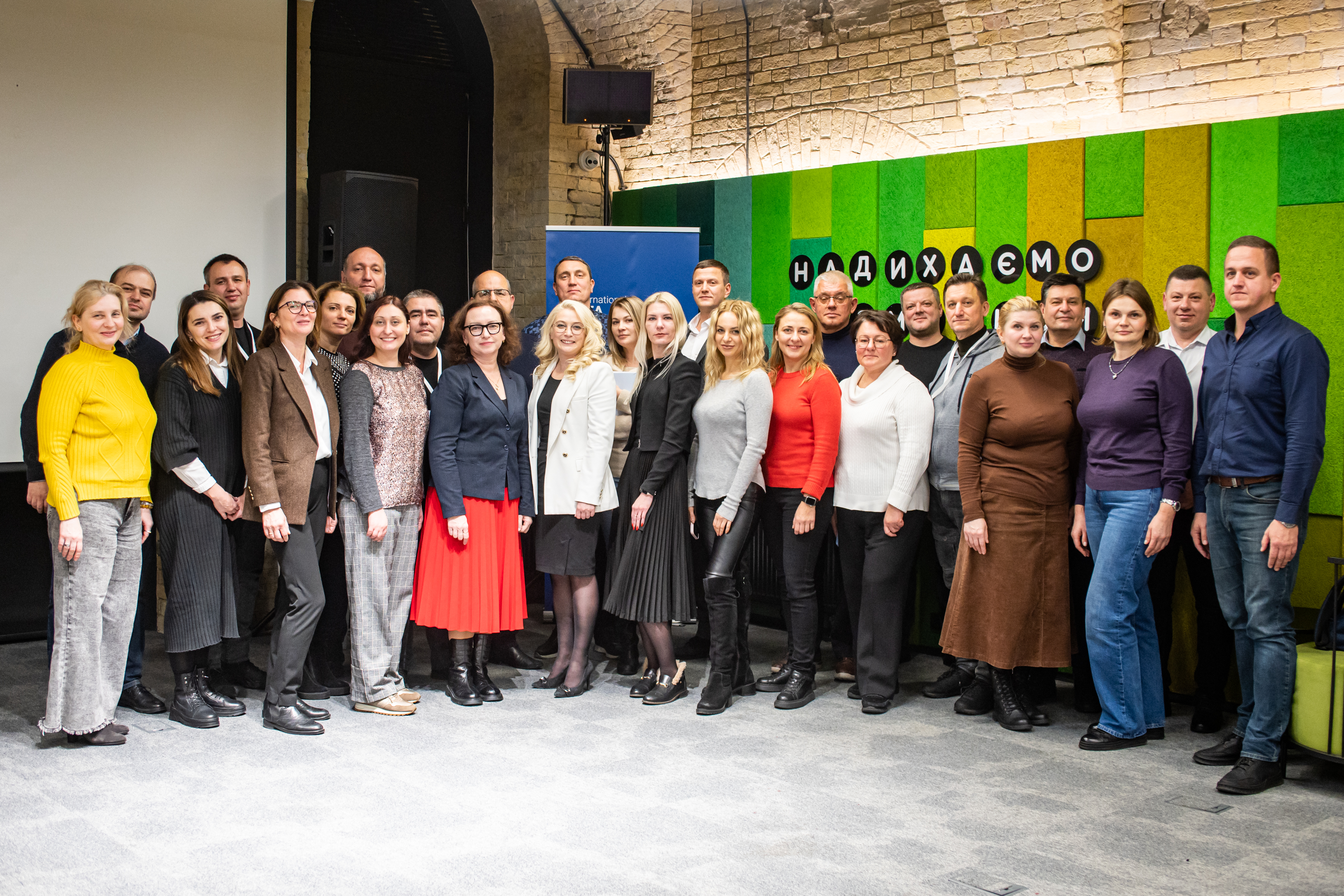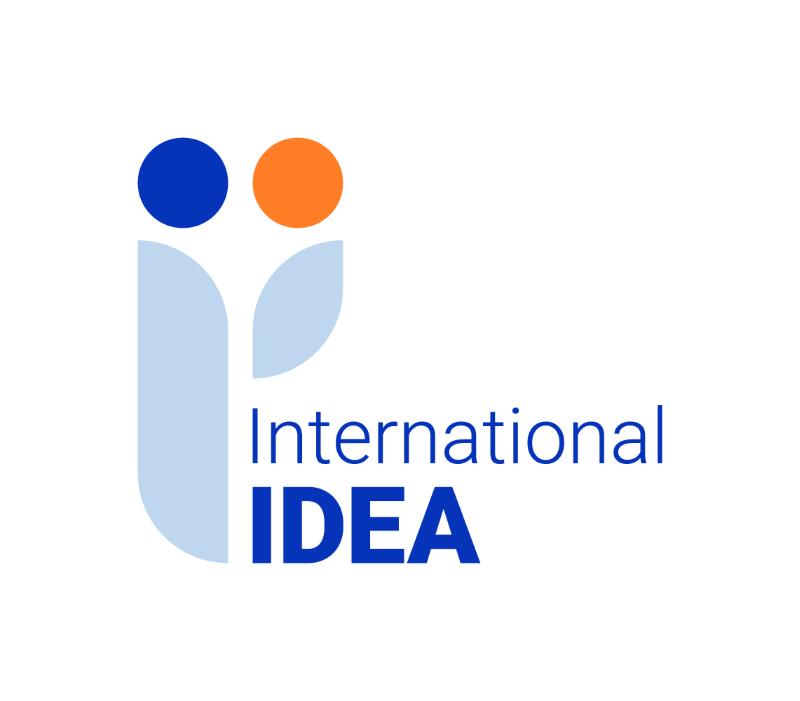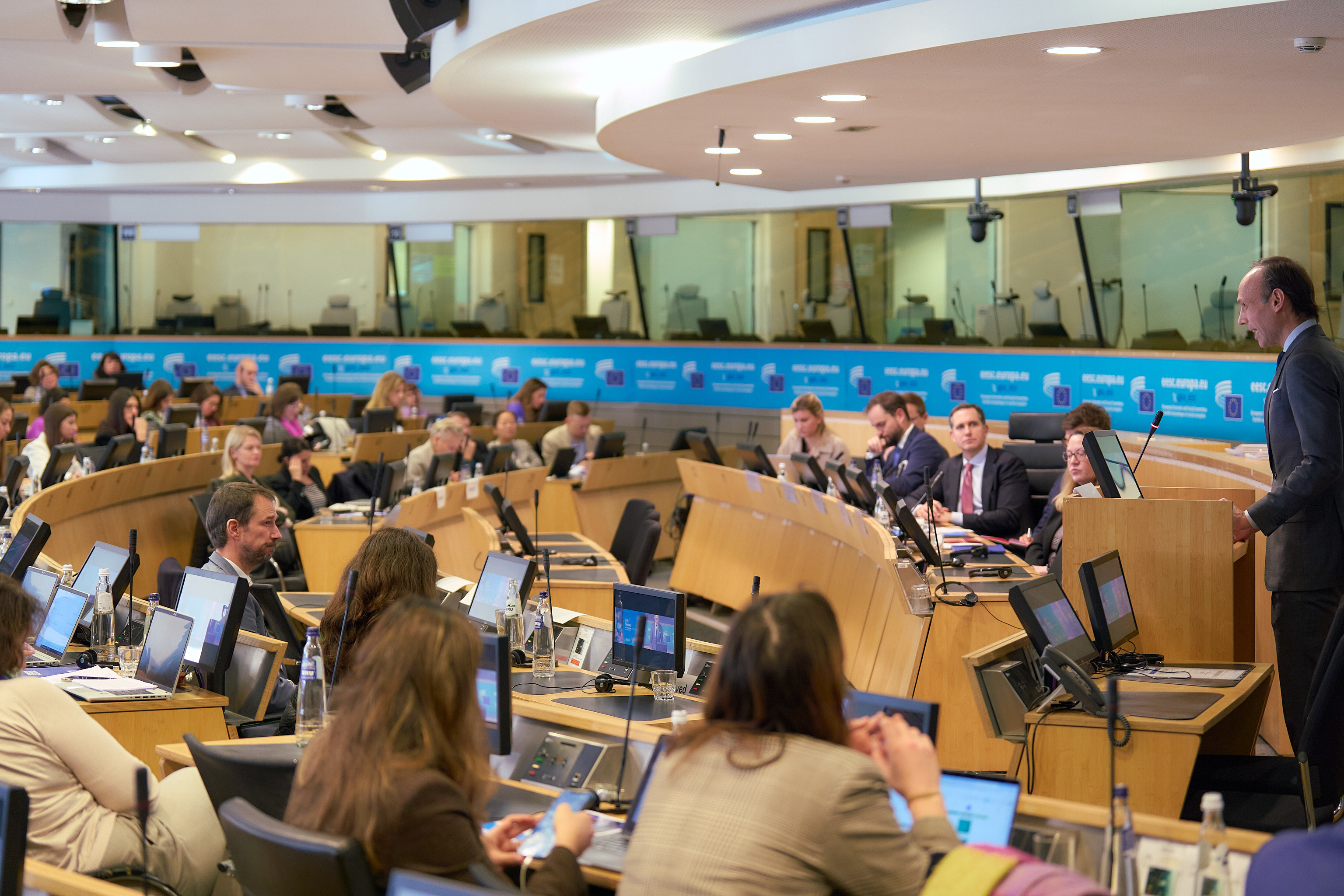Advocating for democratic governance in the EU’s Global Strategy on Foreign and Security Policy
At the European Council of 28-29 June 2016, the European Union (EU) High Representative for Foreign Affairs and Security Policy and Vice-President of the European Commission, Federica Mogherini, presented a Global Strategy for the EU’s Foreign and Security Policy – Shared Vision, Common Action: A Stronger Europe (EUGS). The EUGS is a comprehensive follow-up of the European Security Strategy (2003), which at the time envisioned only a security driven approach. It offers a strategic vision for the global role of the EU, aimed at fostering a more effective EU foreign and security policy that would handle global pressures and local dynamics simultaneously.
Despite the acknowledgement that democratic governance and accountability are a crucial enabler for all the components of the EUGS, however, democracy has not been integrated as a main priority in its own right. In order to ensure an adequate reflection of the importance of democratic governance in the text and the implementation of the Global Strategy, the International IDEA Representative Office to the EU, the European Partnership for Democracy and the European Network of Political Foundationsissued a Joint Statement, which seeks to address this gap.
In the joint statement, the three organizations outlined the following policy recommendations:
- Give preference to the concept of “democracy” over ‘good governance’;
- Highlight the importance of Goal 16 of the Sustainable Development Goals;
- Ensure long-term priorities are actually prioritized;
- Promote more “politically aware” EU action; and
- Improve EU institutional and Member States coherence.
International IDEA is a strong advocate for the inclusion of democracy as a priority in the work of the EU. Its Representative Office to the EU in Brussels is specifically tasked to liaise with EU institutions on these matters.



